**Note: This page is for educational inspiration and is not officially affiliated with World Wetlands Day. For official information and to learn more about the Ramsar Convention and World Wetlands Day, please visit the official World Wetlands Day website: www.worldwetlandsday.org.
Monday 2nd February 2026
Understanding World Wetlands Day in EYFS & KS1
Splash into learning about wetlands! 🏞️🐸 World Wetlands Day is an annual observance, celebrated globally on February 2nd. It marks the date of the adoption of the Convention on Wetlands (the Ramsar Convention) in 1971, in Ramsar, Iran. This important day aims to raise global awareness about the vital role of wetlands for both people and the planet. Wetlands are incredibly diverse ecosystems, including marshes, bogs, swamps, and even areas like estuaries and coastal zones, that are either permanently or seasonally saturated with water. They are crucial for biodiversity, acting as homes for countless plants and animals, and play a key role in water regulation, filtering pollutants, and helping to mitigate climate change.
For early years settings, nurseries, preschools, childminders, and Year 1 and Year 2 classrooms, this day provides a fantastic and tangible theme for exploring habitats, biodiversity, water cycles, environmental conservation, and understanding the world. It's about introducing children to a unique and important ecosystem, the animals that live there, and why we need to protect these special places. This day offers wonderful planning ideas and inspiration for engaging activities that truly resonate with young minds, making learning about ecology and conservation both engaging and essential.
Why Is Teaching About Wetlands Important for Young Children?
Integrating lessons about wetlands into your practice with young children (aged 0-7) helps develop their understanding of diverse ecosystems, promoting environmental awareness, and developing an appreciation for nature's interconnectedness.
Understanding Habitats: Introduces children to a specific type of environment and the unique plants and animals that call it home.
Biodiversity Awareness: Highlights the vast array of life supported by wetlands, from frogs and ducks to insects and special plants.
Water Cycle & Importance of Water: Provides a natural context for discussing water, its role in nature, and why clean water is essential.
Environmental Stewardship: Fosters an early understanding of conservation and why certain places need to be protected.
Observation Skills: Encourages children to observe different types of animals and plants and their adaptations to a watery environment.
Cross-Curricular Links: Connects to science, geography, art, and literacy through exploring wetland themes.
Engaging Wetlands Activities for World Wetlands Day (0-7 Year Olds)
Make World Wetlands Day a truly insightful and active experience with these planning ideas and activities perfect for EYFS and KS1 children. The focus is on learning about wetlands, their inhabitants, and their importance! Many of these early years and year 1 activities can be supported by our dedicated 'Wetlands' resources.
Here's some inspiration for exploring wetlands in your setting: (Please use your own discretion and knowledge of your children to ensure appropriateness of each activity and safety concerning any materials given and activity undertaken.)
What Are Wetlands?: Introduce different types of wetlands (e.g., marsh, bog, swamp) using our 'Wetland Types - Poster'. Discuss what makes them unique – lots of water and special plants and animals. Use 'Wetland Types - Activity Sheets' for follow-up.
Wetlands Animals: Focus on animals that live in wetlands, particularly ducks and frogs.
Ducks & Ducklings: Use 'Ducks And Their Ducklings Counting Puzzles (1-10)' for numeracy. Explore duck anatomy with 'Duck Body Parts - Poster & Writing Sheets'. Practise fine motor control with 'Help The Duckling - Pencil Control Mats'.
Frogs & Life Cycle: Learn about the fascinating life cycle of a frog. Use 'Frog Life Cycle Display/Activity Visuals', 'Frog Life Cycle Poster And Activity', and 'Frog Life Cycle Colouring Poster And Activity'.
Wetlands Art & Creativity:
Provide colouring sheets related to wetlands such as our 'Wetlands Colouring'.
Use ‘World Wetlands Day' Colouring Posters' to celebrate the day.
Create a wetland scene using shapes with 'Wetlands Scene - Cut And Stick 2D Shapes Activity'.
Encourage children to 'Draw A Wetland Scene' independently.
Wetlands Vocabulary: Use 'Wetland Word Cards' to introduce new words related to wetlands and their inhabitants.
Connecting to Spring (if relevant to timing): As World Wetlands Day is in early February, you could link to signs of spring emerging. While not directly wetland-focused, resources like 'Fingerpaint Daffodils' and 'Spring Number Formation Mat' might fit into a broader early spring topic.
Explore More: Please visit our 'Wetlands' page to browse our entire collection of educational materials on this theme!
These activities offer great inspiration for making World Wetlands Day a memorable and impactful experience in your early years and Key Stage One setting, fostering environmental awareness, scientific understanding of habitats and life cycles, and a genuine love for nature.
To explore ideas surrounding additional early years events, please visit our 'Special Dates Calendar' page.
Printable resources to support teaching & learning surrounding: ‘World Wetlands Day’
Free Wetlands activities for EYFS & KS1:
Wetlands activities for EYFS & KS1:
Please visit our ‘Wetlands’ page to browse our entire collection of educational materials on this theme.
Additional Pages you may like to explore which cover relevant &/or Connected themes
More Early Years Event Pages for February
Let's learn about magnificent polar bears and their icy homes! 🐻❄️🧊 International Polar Bear Day is an annual event, celebrated globally on February 27th. It is organised by Polar Bears…
Once upon a time... it was a special day for magical stories! 👑🐉 Tell a Fairy Tale Day is an informal observance, typically celebrated annually on February 26th. While its precise origins…
Let's show our furry (or scaly, or feathered!) friends how much we care! ❤️🐾 Love Your Pet Day is an informal observance, typically celebrated annually on February 20th. While its precise…
Let's give our feathered friends a home! 🐦🏡 National Nestbox Week is an annual event in the UK, organised by the British Trust for Ornithology (BTO). It typically runs from February 14th…
Let's sprinkle kindness everywhere we go! ✨💖 Random Acts of Kindness Day is an annual observance, celebrated globally on February 17th. This day is often part of a broader 'Random…
Let's learn how to keep our teeth healthy and happy! 🦷😁 National Toothache Day is an informal observance, typically celebrated annually on February 9th. While its precise origins aren't widely…
Let's make our friends smile with a special card! 💌😊 Send a Card to a Friend Day is an informal observance, typically celebrated annually on February 7th. While its exact origins aren't…
Let's count our way to helping children! ➕➖ Number Day is an exciting annual fundraising event for schools across the UK, organised by the NSPCC (National Society for the Prevention of…
Let's use our voices and talk about how we feel! 🗣️💬 Time to Talk Day is an annual event in the UK, typically held in early February. It is a crucial initiative run by Mind and Rethink Mental…
Let's talk about our feelings and feel good! 😊💭 Children’s Mental Health Week is an annual event in the UK, organised by Place2Be, a leading children's mental health charity. It typically takes…
Splash into learning about wetlands! 🏞️🐸 World Wetlands Day is an annual observance, celebrated globally on February 2nd. It marks the date of the adoption of the Convention on…
Once upon a time... there was a special week for stories! 📚🗣️ National Storytelling Week is an annual event in the UK, organised by the Society for Storytelling. It typically takes place during…
Chirp, tweet, let's count the birds! 🦜🦅 The Big Schools’ Birdwatch and The Big Garden Birdwatch are annual citizen science events organised by the RSPB (Royal Society for the…
Explore special dates (including awareness dates, festivals, celebrations & events) relevant to your EYFS & KS1 children
Browse our ‘Special Dates Calendar’ page using the link below. You’ll find calendars for every month of the year to aid your planning!
CLICK HERE to visit our ‘SPECIAL DATES CALENDAR PAGE’ for an entire year of key EYFS & KS1 events, festivals & celebrations.
SEARCH ‘LITTLE OWLS Resources’ USING THE FOLLOWING MENU BUTTONS…
Disclaimer:
This page is for educational purposes only and is intended to support early years and primary practitioners with ideas and resources related to 'World Wetlands Day'. We are not officially affiliated with or endorsed by the Ramsar Convention/World Wetlands Day organisation, other than providing their official website as a source of information about the initiative. We do not claim any rights to specific trademarks or official materials associated with this event. For official information and to learn more about the importance of wetlands, please visit their website at www.worldwetlandsday.org.





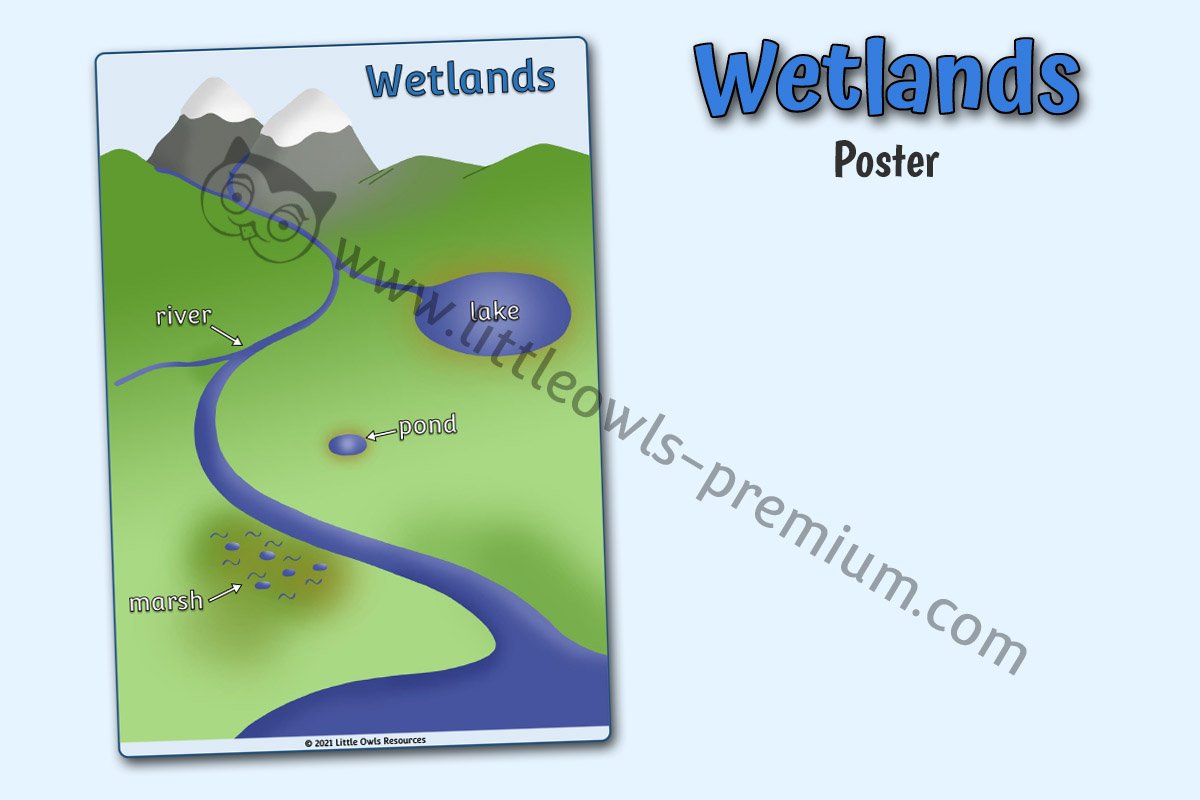






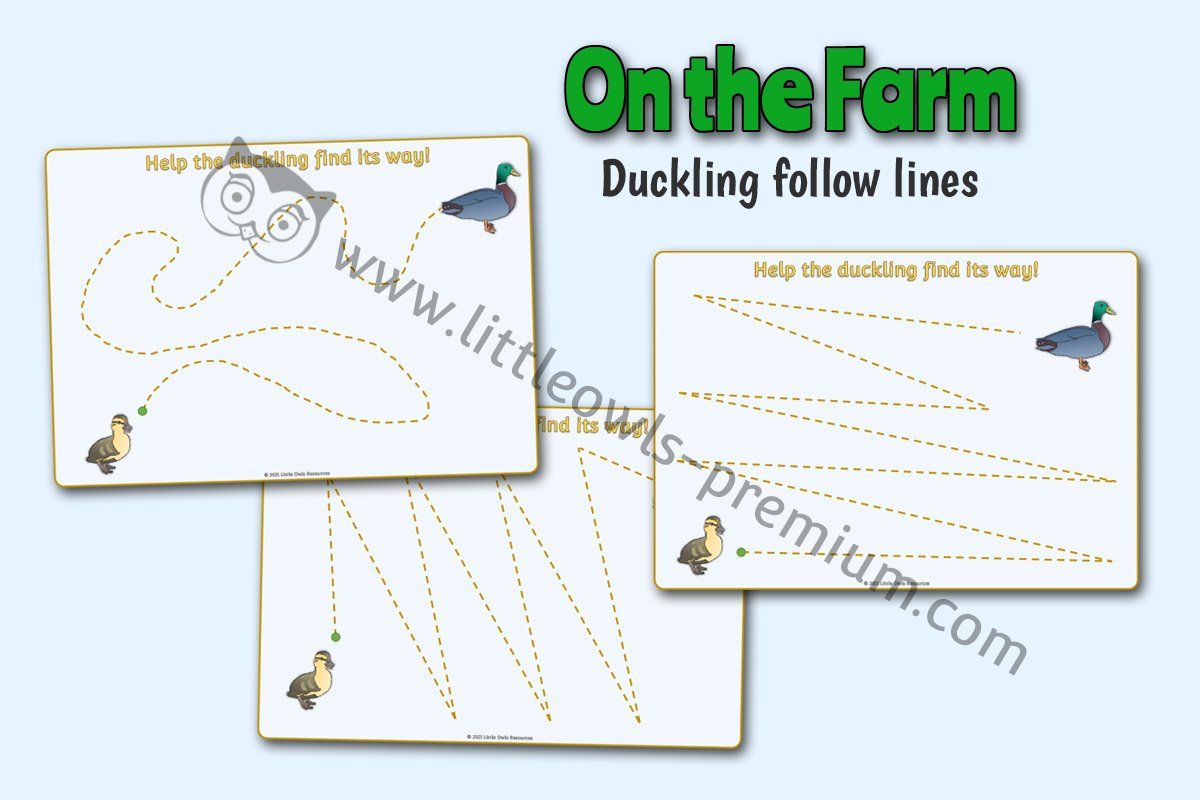
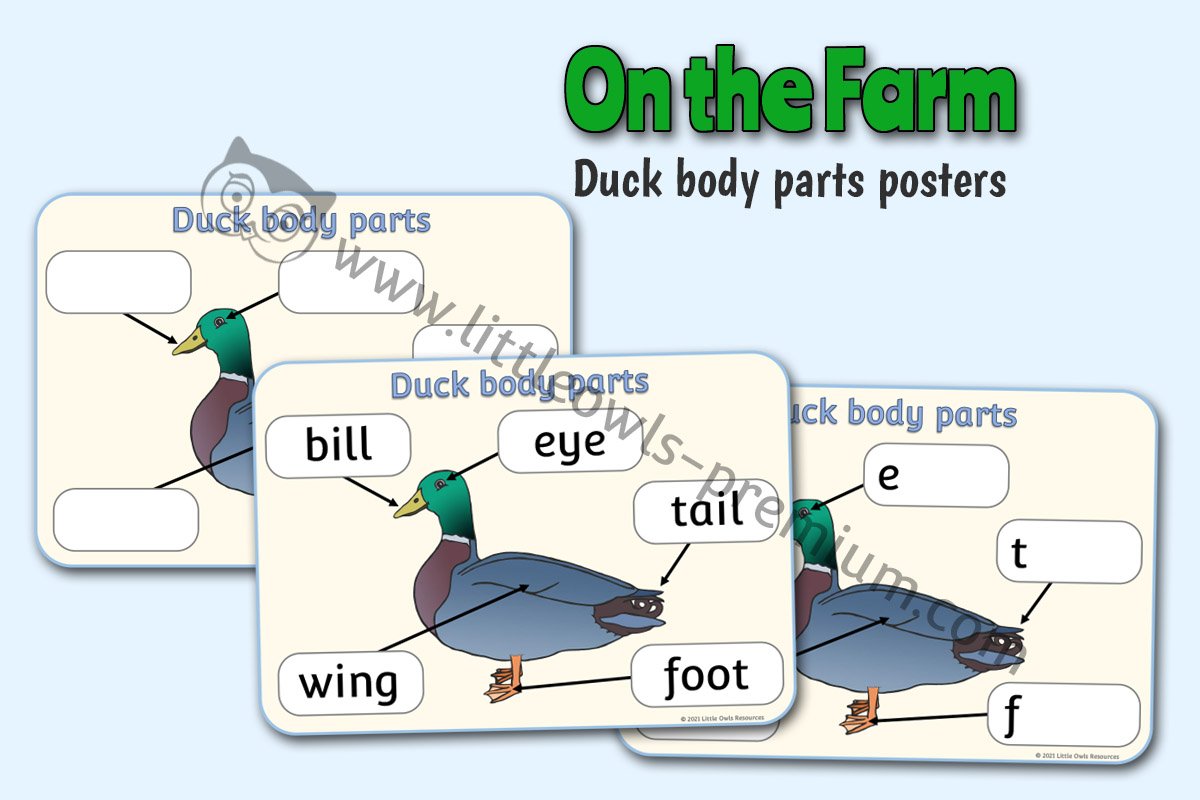

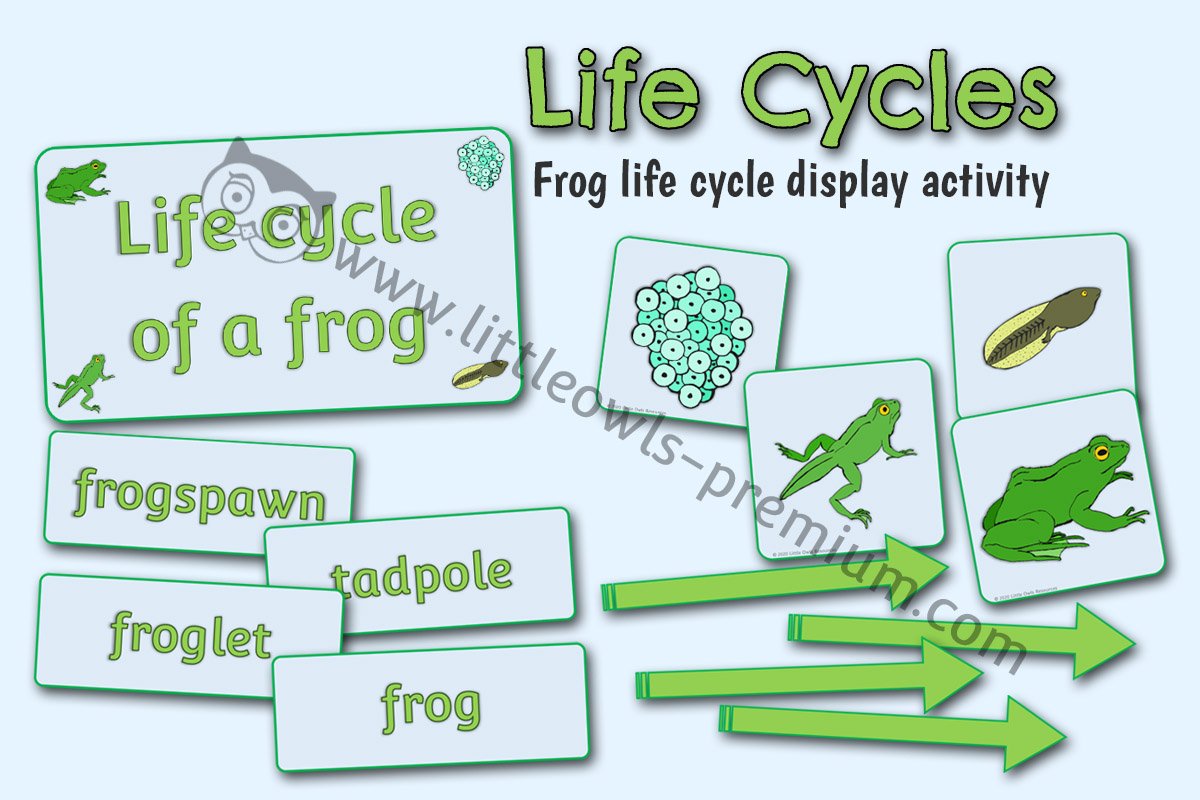
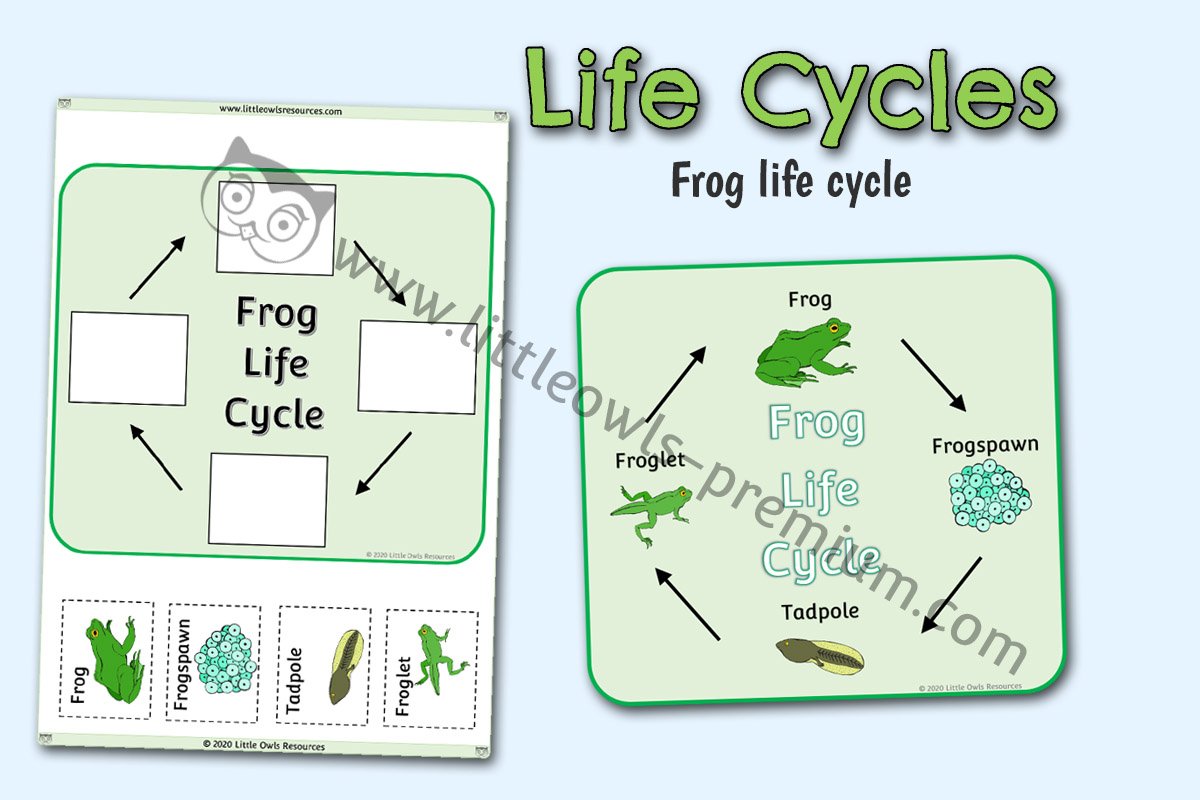
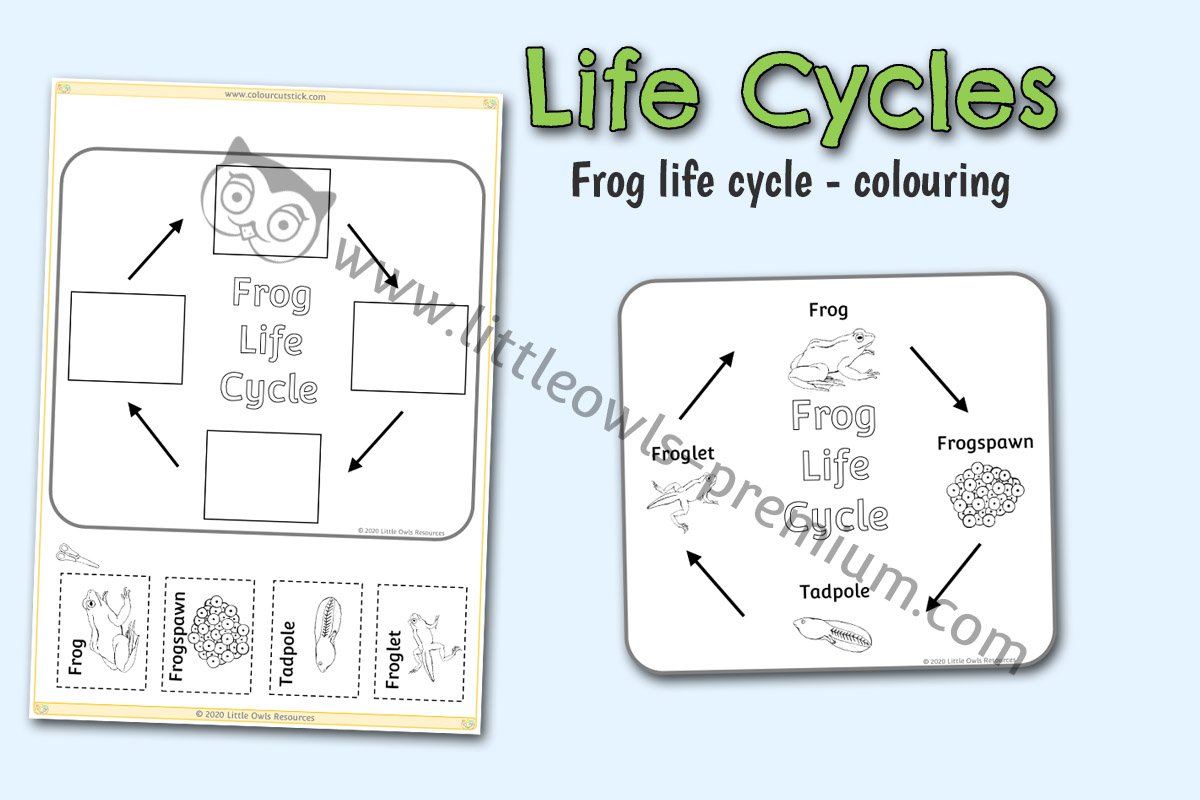

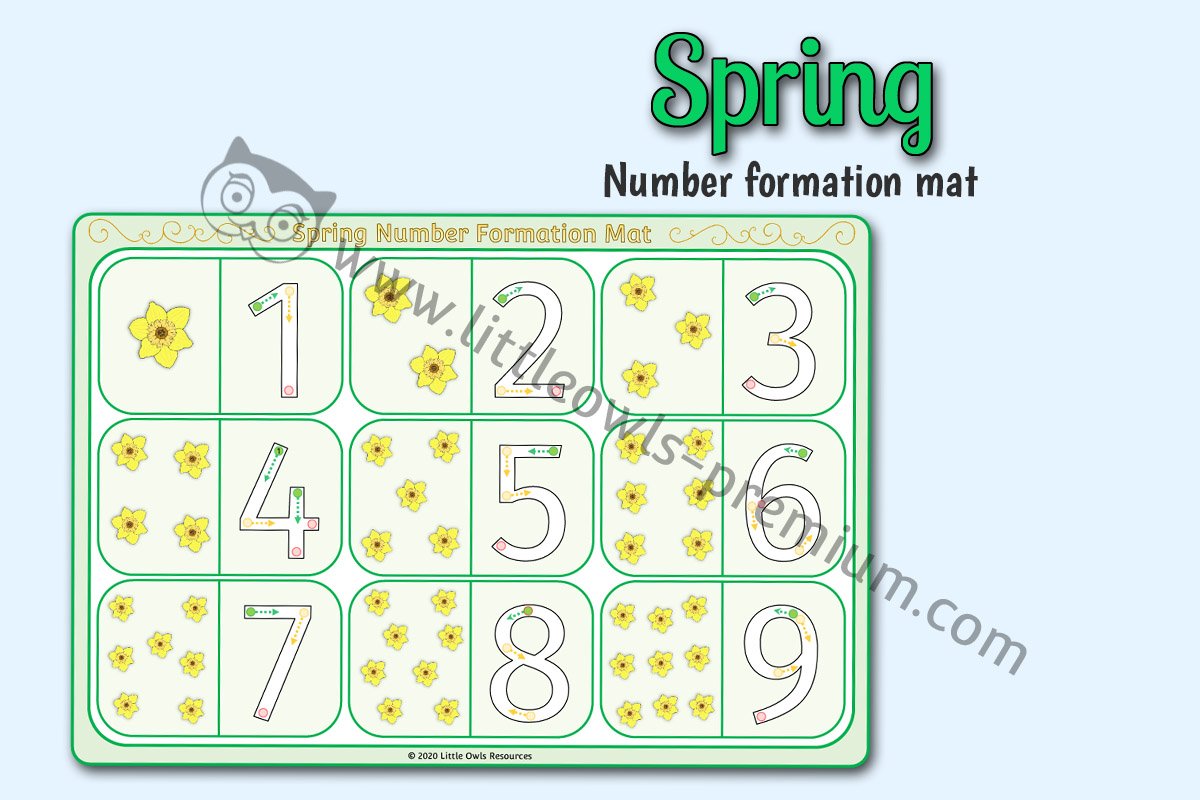





















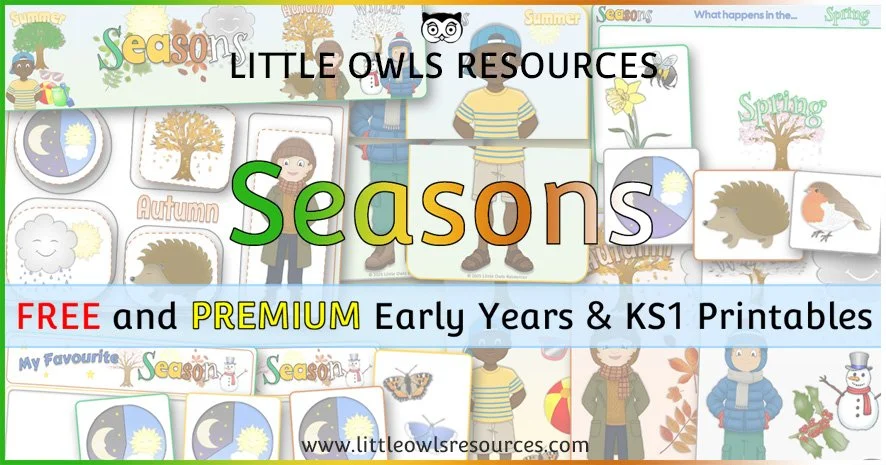







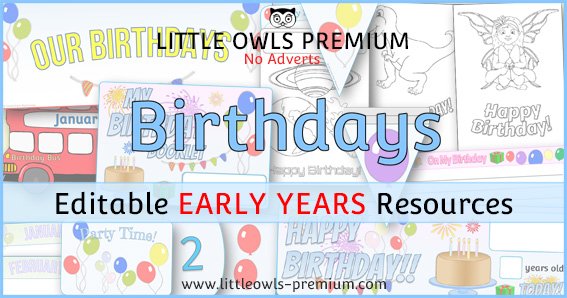
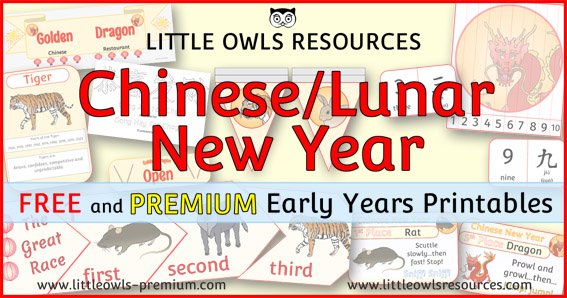
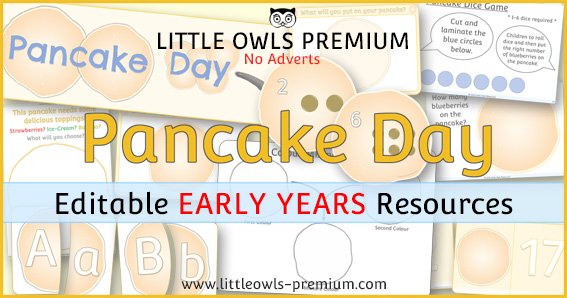
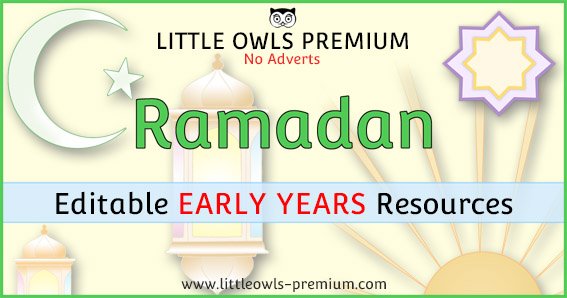
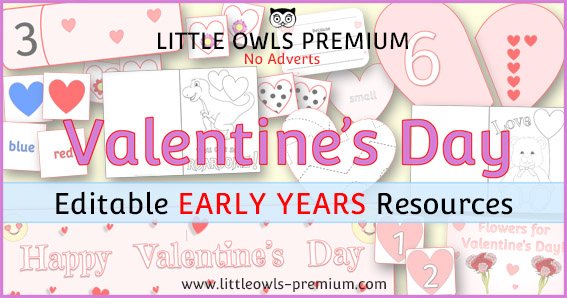













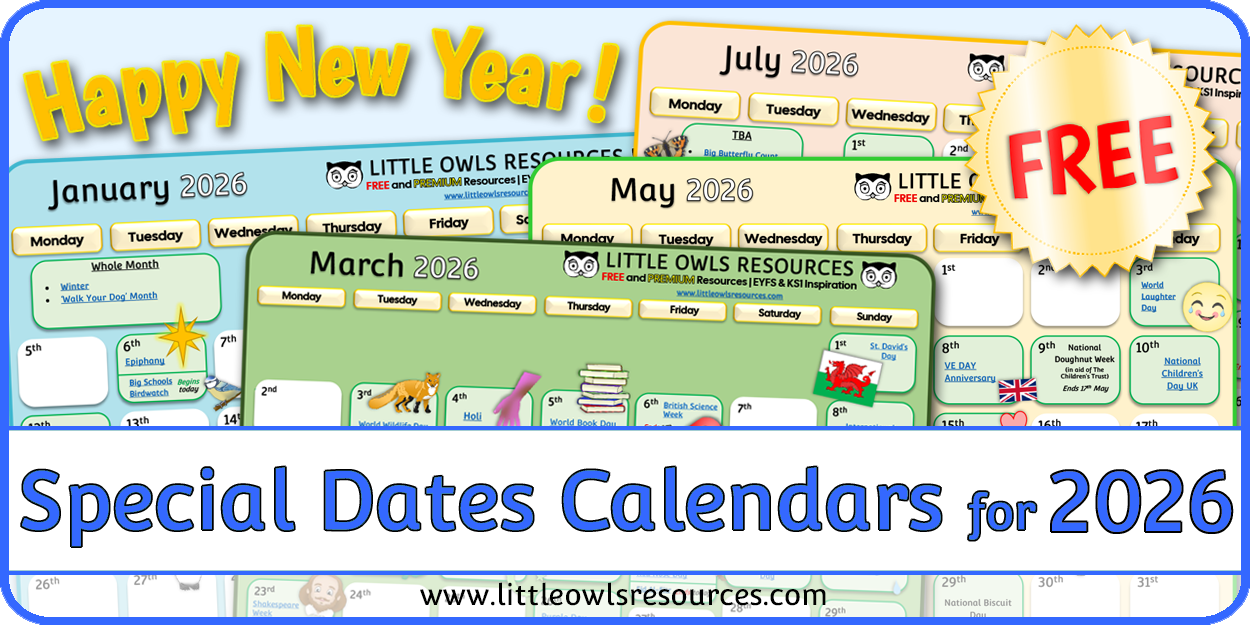
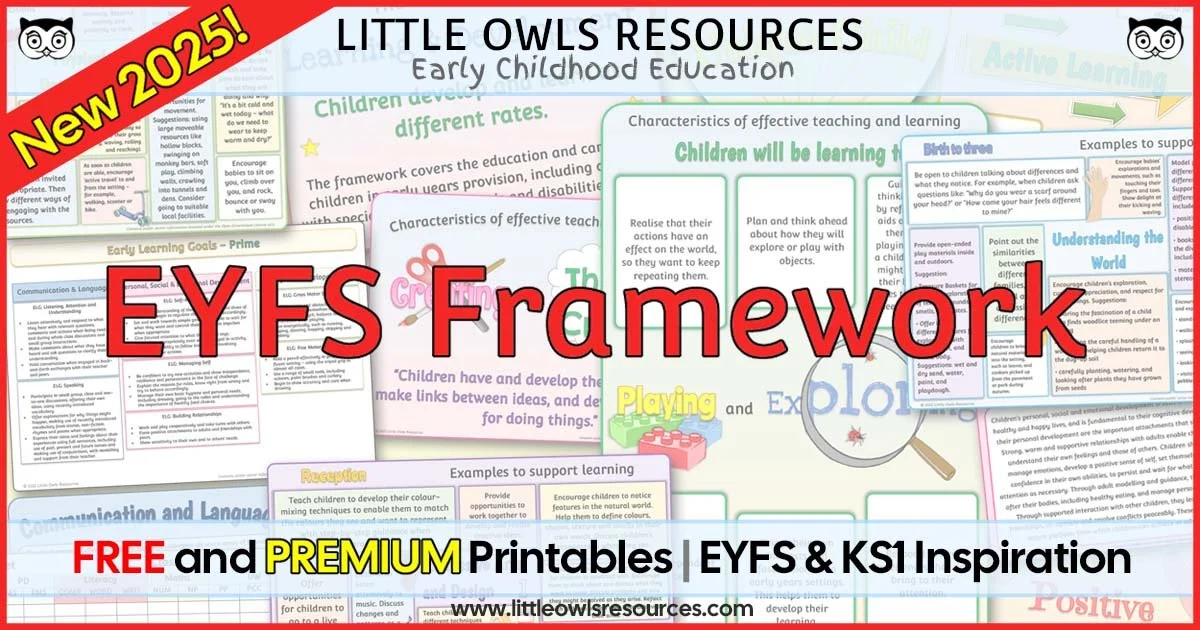

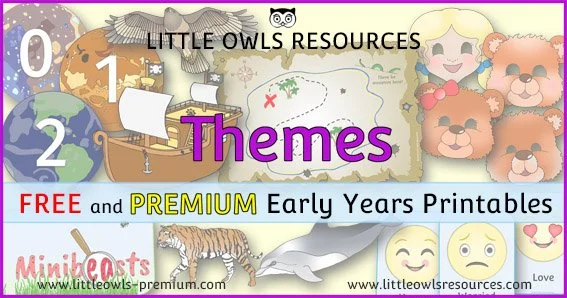

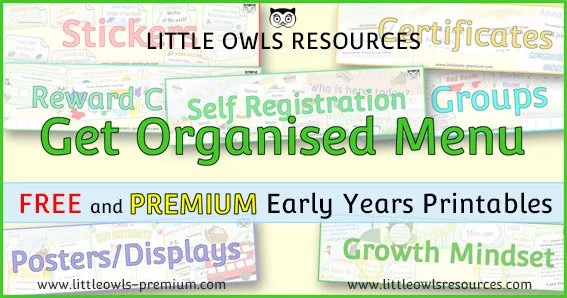

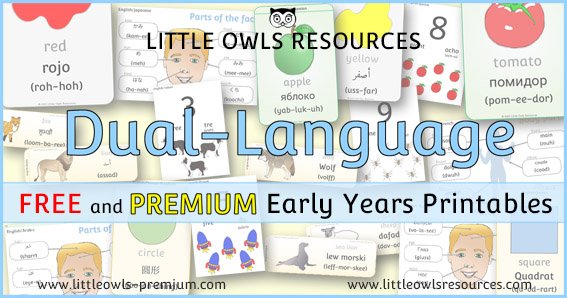
Let's wear something red and learn about our amazing hearts and helping others! ❤️🔴 National Wear Red Day is a special yearly event organised by the Children's Heart Surgery Fund…